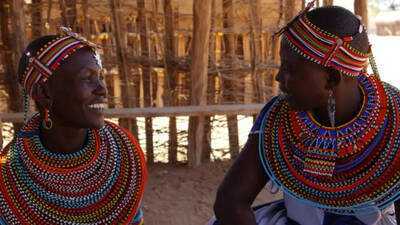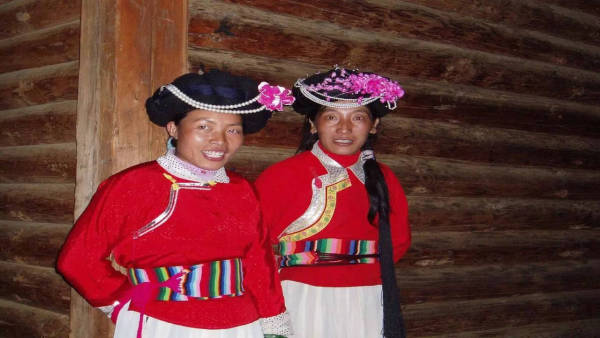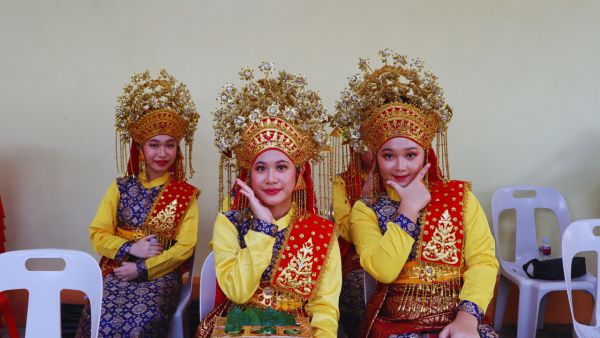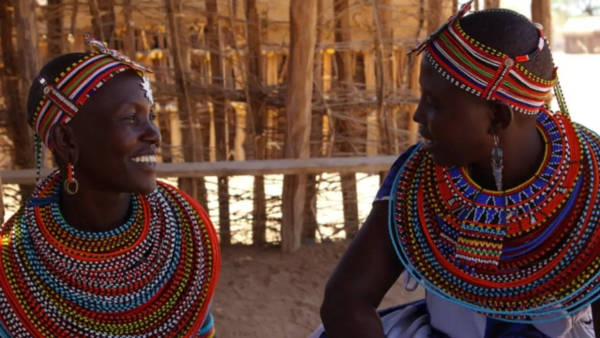
In a world largely shaped by patriarchal structures, there are still pockets of societies where women lead, not just in homes, but in culture, inheritance, and decision-making. These matriarchal or matrilineal communities challenge conventional gender roles and offer refreshing perspectives on power, identity, and family. Here’s a look at six such societies around the world where women call the shots.
Khasi, IndiaIn the northeastern Indian state of Meghalaya, the Khasi tribe practices a matriarchal system where inheritance flows through the female line. Property and wealth are passed down to daughters, and women play a strong role in household and community decisions. There is no societal stigma associated with divorce, and Khasi women are free to select their own mates. Women are empowered by this system in both the home and in society.
Read more:
UNESCO’s top 10 greatest hits: From Petra to the Pyramids
Mosuo, China

The Mosuo people, who reside in southwest China, are referred to as the "last matrilineal society in China." They have a system in which property is inherited through the mother's line. Women make the majority of the decisions in Mosuo households. Mothers and maternal uncles raise their children. Relationships are referred to as "walking marriages," in which men and women are free to choose their partners and dissolve them whenever they wish, rather than the conventional idea of marriage.
Read more:
In pictures: 8 wild animals to spot in India that aren’t tigers or elephants
Bribri, Costa RicaWomen inherit land and preserve spiritual knowledge under the matrilineal traditions of the Bribri, an Indigenous community in Costa Rica. Daughters are in charge of preserving traditional customs, and female shamans play important responsibilities. Women are given the cultural and practical reins because men serve the group but do not inherit property or ceremonial rights.
Minangkabau, Indonesia

West Sumatra's Minangkabau people are matriarchal, meaning that money and property are passed down through the female line. In this society, women are highly esteemed and frequently make important choices pertaining to family and communal issues. Men still have significant positions in the administration and in places of worship, which maintains a balance of duties between the genders.
Akan, GhanaAmong the Akan people of Ghana, inheritance and succession are traced through the female line. Women occupy a prominent place in the culture and are key decision-makers in family and community affairs. While men still hold many positions of power in government and religion, the influence of women in Akan society is both deep and respected.
Umoja, Kenya

Umoja, which means “unity” in Swahili, is a women-only village in Kenya founded in 1990. It serves as a sanctuary for women who have survived sexual or gender-based violence. Men are not allowed to live in the village. The women of Umoja support themselves by welcoming tourists and educating others about women’s rights. It’s more than a safe space, it’s a powerful example of women creating their own future.
-
How to submit your Arji to Khatu Shyam Ji without visiting the temple

-
From glowing skin to weight loss, juice of this thing with carrots is no less than a miracle

-
Consuming these 6 fruits will eliminate stains, will improve the skin

-
Group Captain Shubhanshu Shukla created history, the first Indian to reach ISS

-
Vivo X200 Fe Launching Official Confirm in India; Microsite is also live
